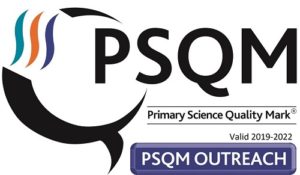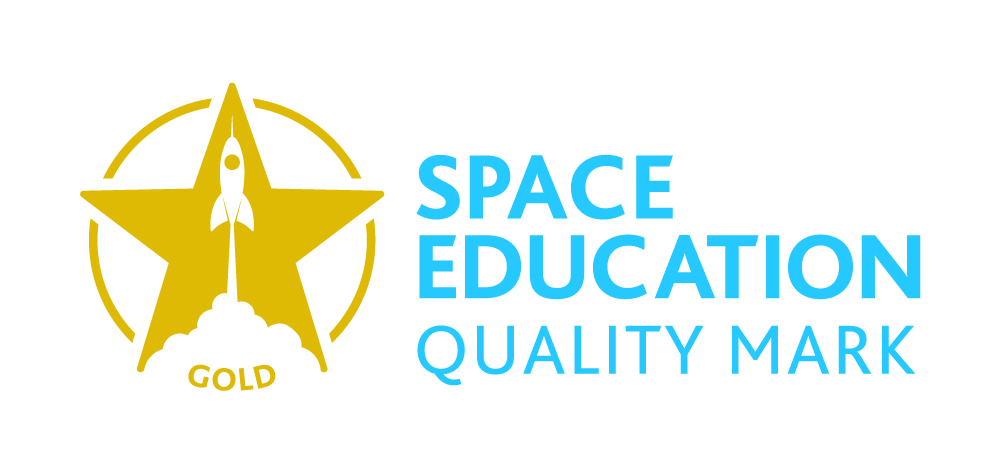

Science in the National Curriculum states that children must develop an understanding of the nature, processes and methods of science through different types of scientific enquiries. It also requires that the children are equipped with the scientific knowledge required to understand the uses and implications of science, today and for the future. Our science topics are planned to cover these areas progressively.
Scientific knowledge is taught through investigative processes during which the children learn to plan investigations, research areas, obtain evidence and consider their results. Skills such as observing, questioning, predicting, measuring, recording, evaluating and communicating their findings (orally, graphically and in writing) are all developed as children move through the school.
Throughout their science lessons the children also further embed their skills from other subjects. Through collecting, presenting and analysing data they are applying their maths knowledge to the understanding of science. The children use extended scientific specific vocabulary to explain processes and their findings. Their spoken language is often commended when the children present their annual science projects in school and (for some) at the University of Warwick. As well as going on trips further afield and having in school workshops, we also make much use of our school grounds, in particular our ‘Nature Area’ and the local environment to support and enrich our learning.
It is our intent at Clapham Terrace Primary that all children become curious, investigative scientists. Through working collaboratively, as part of an Ogden cluster group, we have ensured our children progressively develop their scientific knowledge and skills throughout their time at Clapham Terrace and beyond.
From EYFS to Year 6, the children are encouraged to be inquisitive throughout their time at the school and beyond. Project and science focussed residentials such as our annual science fair and Space Camp ensure that science learning at Clapham Terrace is taking place both inside and outside of the classroom environment. Our specially designed lab, The Mess, aids the curriculum to foster a healthy curiosity in our children about our universe and scientific learning.
We believe science encompasses the development of knowledge, concepts, skills and positive attitudes. Throughout their time at Clapham Terrace Primary School, the children will acquire and develop the key knowledge that has been identified within each unit and across each year group, as well as the application of scientific skills. We ensure that the Working Scientifically skills are built-on and developed throughout children’s time at the school so that they can apply their knowledge of science when using equipment, conducting experiments, building arguments and explaining concepts confidently and continue to ask questions and be curious about their surroundings.
Specialist vocabulary for topics is taught and built up, and effective questioning to communicate ideas is encouraged. Concepts taught are reinforced by focusing on the key features of scientific enquiry, so that pupils learn to use a variety of approaches to answer relevant scientific questions.
As well as going on science based trips and having in school workshops, we also make much use of our school grounds, in particular our ‘COL’ Carl’s Outdoor Learning area and the local environment is used to support and enrich learning. It is our intention that all children develop a curiosity about the world they live in; we encourage children to research areas of interest and share their findings both in school and at home.
We have become ambassadors for Science and are responsible for good Scientific skills in our classrooms. The children continue to plan and map out Science week 2024 with some inquisitive ideas as well as how to push the Science mindset on many children around the school, spreading the word for STEM and being super Scientists!
Science Fair
In March, we enjoyed our annual Science Fair. All our judges were impressed by the extensive vocabulary the children used, and their scientific knowledge was outstanding. The children had the opportunity to share one another’s projects and enjoyed moving around classes to take part in a variety of exciting investigations.